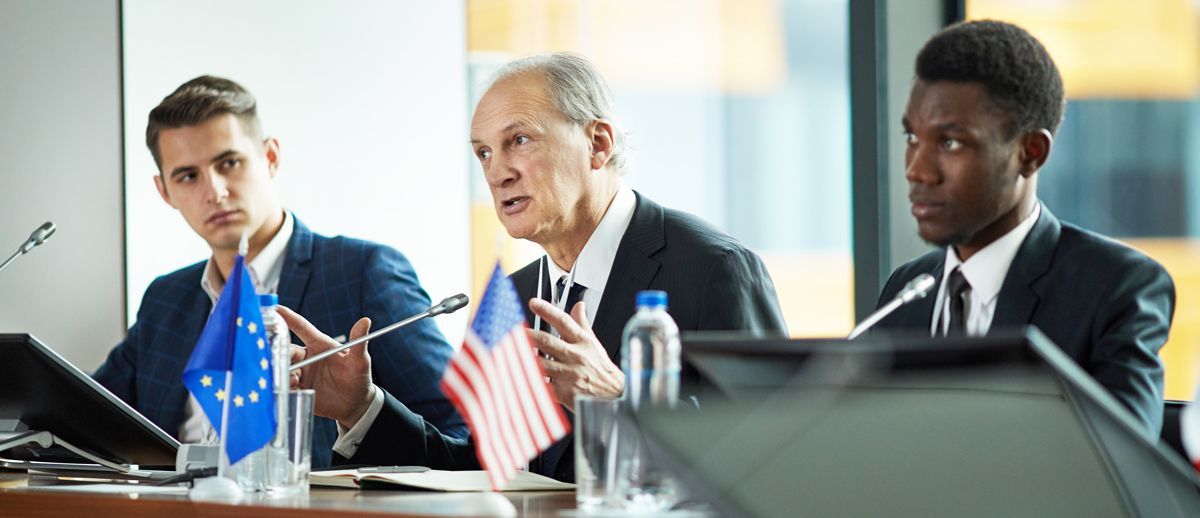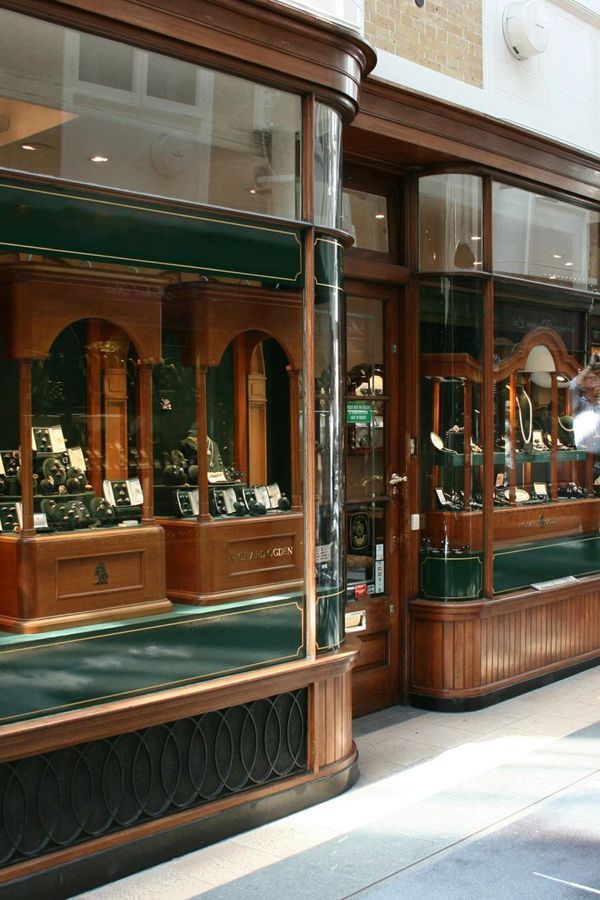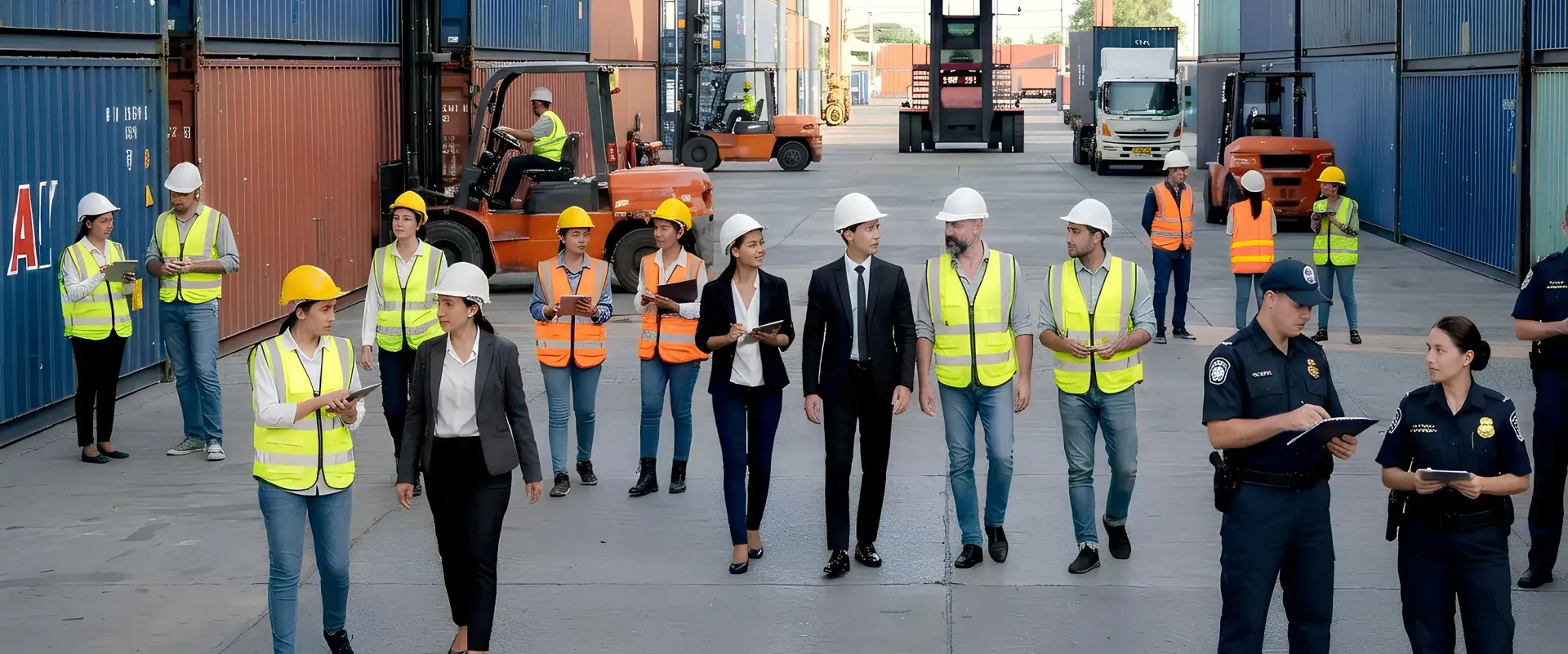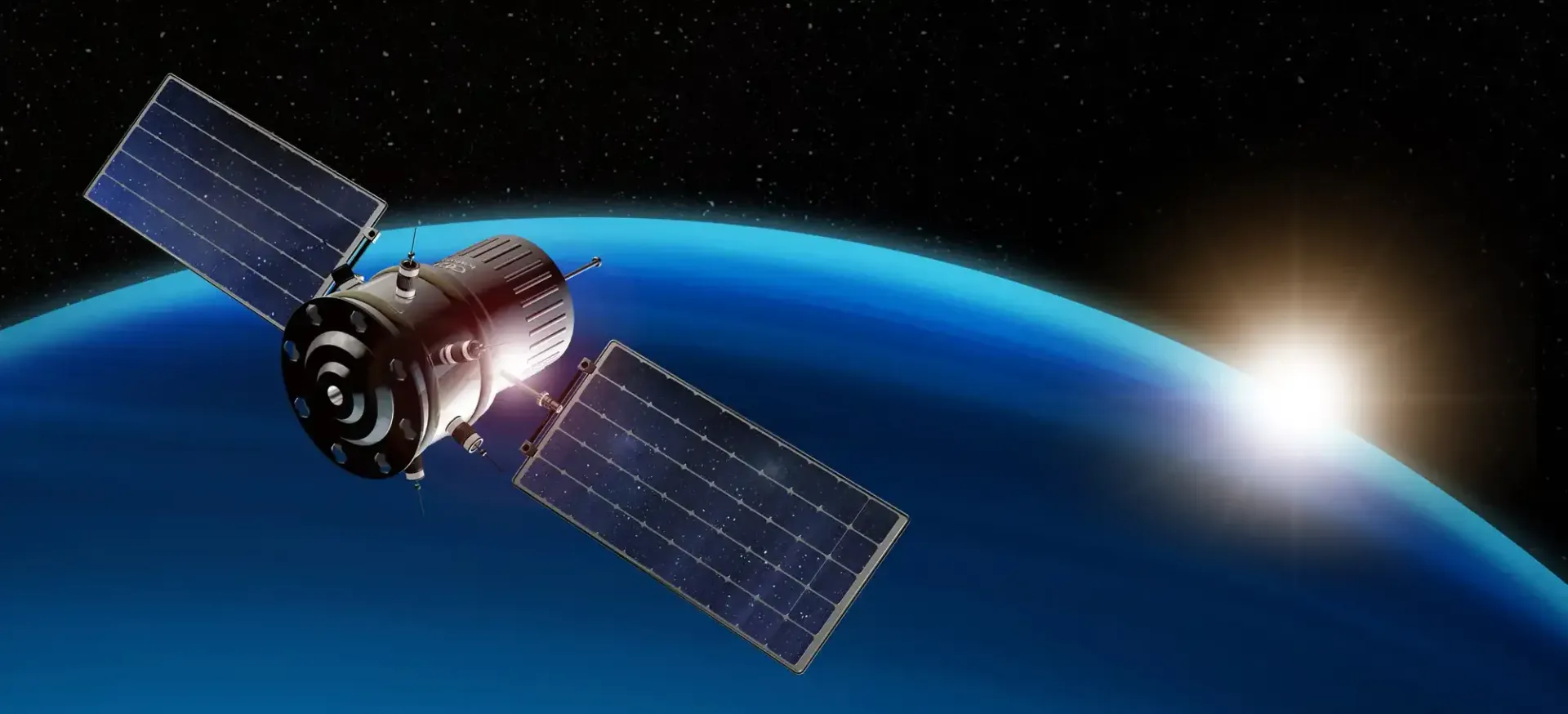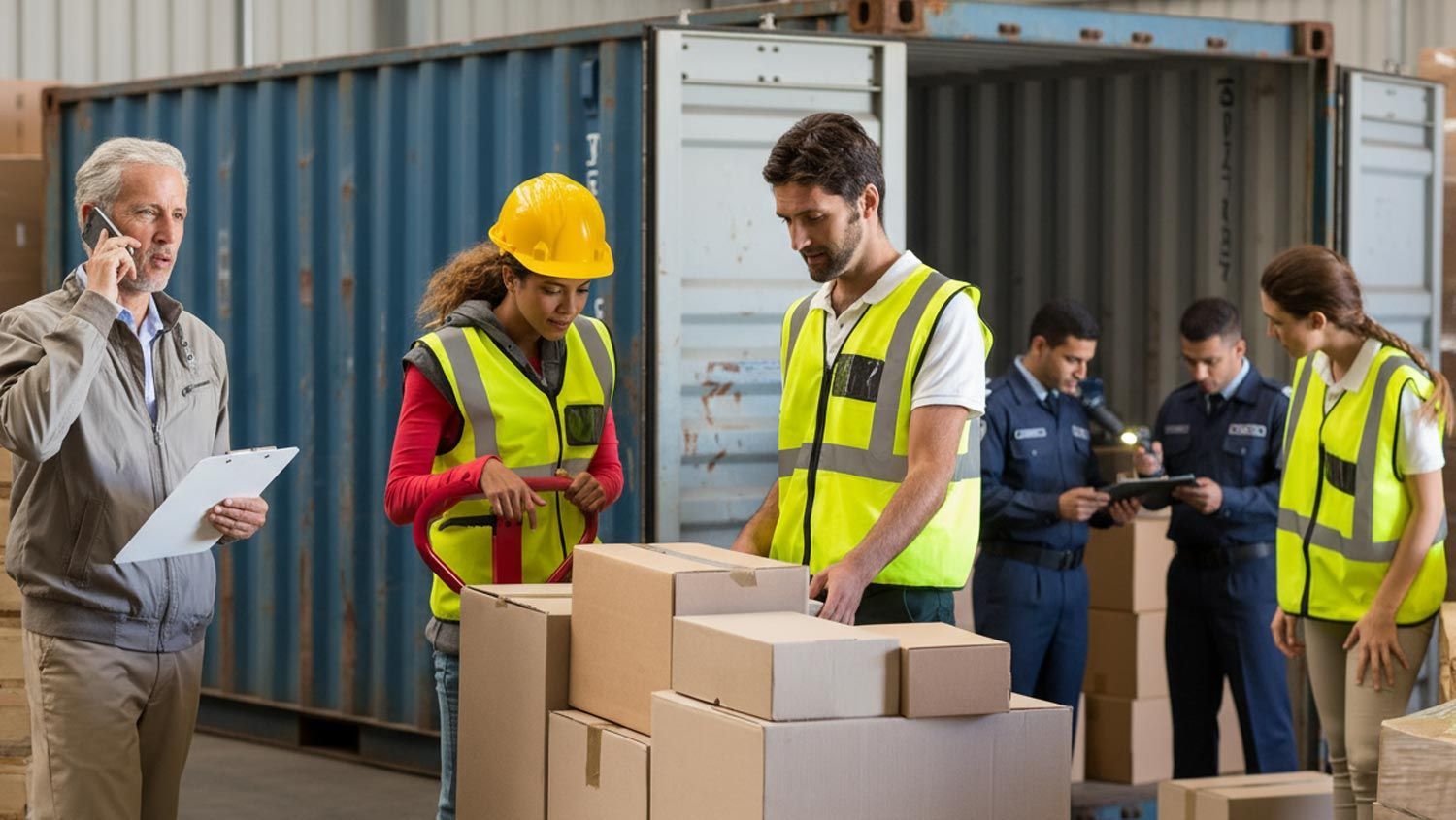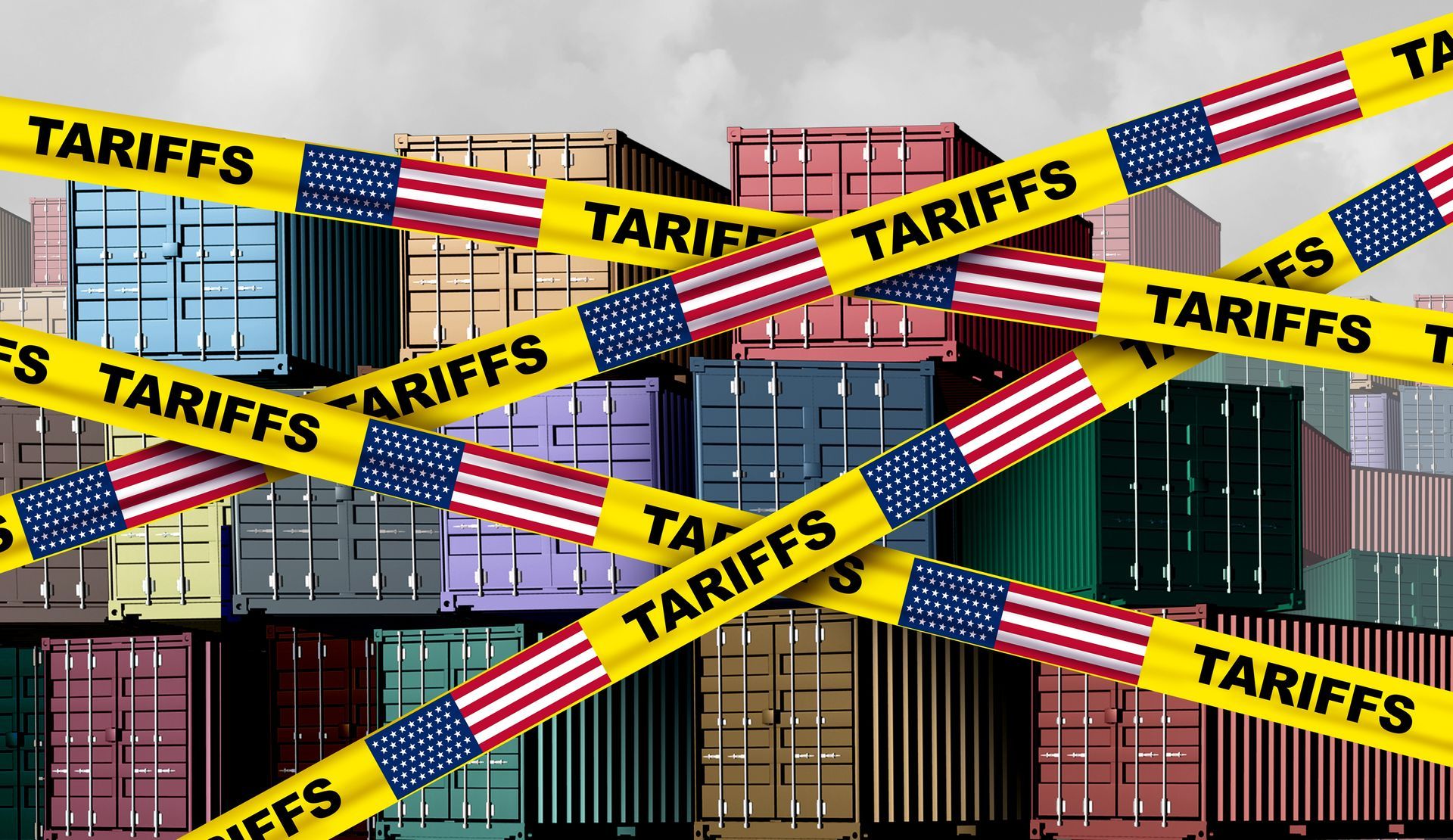Will the EU Finally Close a Free Trade Deal with the GCC After 30 Years?
For over three decades, the European Union (EU) and the Gulf Cooperation Council (GCC) have been trying to finalize a free trade agreement (FTA). However, despite early talks, the deal has remained elusive. The main roadblock? The EU's tendency to mix economic issues with political and ideological concerns—an approach that has ultimately hindered progress. As a result, while the EU has stalled, the GCC has gone on to strike FTAs with other countries and economic blocs, capitalizing on new trade opportunities that the EU failed to pursue.
But with changing global dynamics, could the EU finally be on the verge of closing a deal? Let’s take a look at the evolution of this long-running trade saga, and why the next few months could be crucial for the future of EU-GCC trade relations.
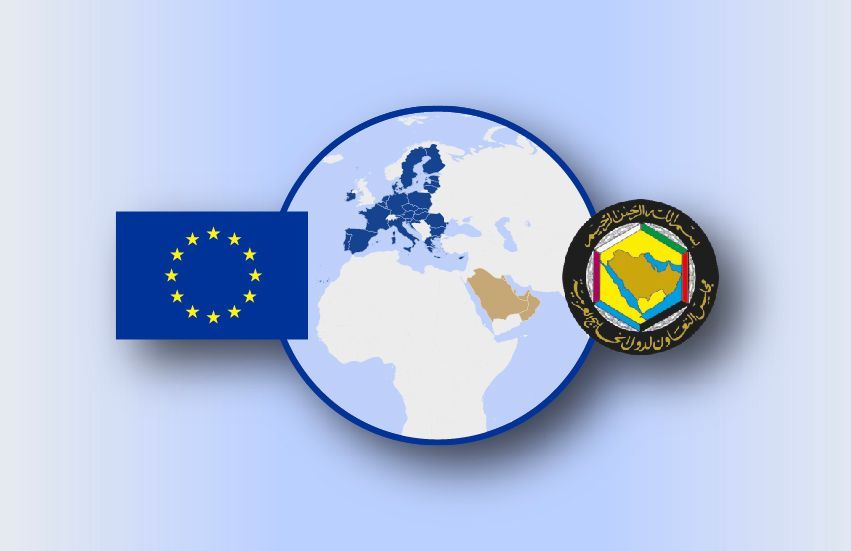
The Early Years: Missed Opportunities
The EU was among the first to engage the GCC in discussions about a free trade agreement back in the early 1990s. However, instead of focusing solely on economic and trade-related issues, the EU insisted on including political matters, such as human rights, regional conflicts, and its stance on the Israeli-Palestinian issue. These non-economic concerns derailed the negotiations, with the EU’s political agenda frequently clashing with the GCC's focus on pure economic interests.
During this period of stagnation, the GCC didn’t sit idle. Countries like Saudi Arabia, the UAE, and Qatar signed several FTAs with a range of countries, including China, India, and other Asian economies. These deals not only gave the GCC access to new, high-quality markets but also diversified its economic ties—helping the region grow into a major player on the global stage.
The Shift After Brexit
In recent years, the landscape has changed dramatically. The EU’s reluctance to focus solely on trade negotiations coincided with the UK’s exit from the EU (Brexit). The UK is now free to pursue its own trade deals, and in fact, an FTA between the UK and the GCC is expected to be finalized soon. This new development is seen as a major opportunity for the UK to enhance its trade and investment relations with the Gulf—further complicating the EU's position.
As the UK solidifies its ties with the GCC, the EU finds itself trying to catch up, acknowledging that the economic power and geopolitical influence of the GCC have only grown over the last two decades. The GCC has become an increasingly important player in international trade and regional security, making it even more critical for the EU to close a deal before it falls further behind.
The Push for a Deal: European-Gulf Summit in October
The EU seems to be aware that time is running out. With the GCC’s growing global influence and its more diversified trade relationships, there is now a sense of urgency in Brussels to finalize the FTA. In a bid to move forward, the first-ever European-Gulf summit is scheduled to take place in Brussels on October 16. This summit will address the long-standing challenges that have kept the FTA negotiations in limbo.
Christophe Farnaud, the EU Ambassador to Saudi Arabia, Bahrain, and Oman, has emphasized the EU’s renewed commitment to reaching a free trade agreement with the GCC. According to Farnaud, while both sides share political interests, such as the goal of advocating for a two-state solution between Palestine and Israel, the focus should now be on finalizing a trade deal. He pointed out that there are no technical issues blocking progress anymore—both sides have already resolved such matters in earlier negotiations.
The real hurdle, he argues, is for the EU to finally separate trade from politics, a crucial step that the UK and other global players have already taken. If the EU can shift its approach and focus exclusively on economic interests, the long-delayed FTA could finally be within reach.
The EU's Declining Share of GCC Trade
One of the most significant factors motivating the EU to act swiftly is the fact that it is no longer the GCC’s top trading partner. Back in the 1990s, the EU was the primary economic partner for the GCC. However, that position has been overtaken by China and India, which now lead the Gulf in trade volumes.
In 2023, merchandise trade between the GCC and the EU was valued at $187 billion, while trade with China reached $287 billion and with India $185 billion. The shift is particularly notable considering the EU now consists of 27 countries (after the UK’s departure), which makes it even more critical for the bloc to recapture its position in Gulf trade.
This loss of trading dominance, coupled with the fact that the GCC now has more economic leverage than ever before, means that the EU can no longer afford to wait for the perfect moment. The GCC has alternative options, including the soon-to-be-concluded UK-GCC FTA, and it’s clear that the region is not dependent on the EU for trade deals.
The Path Forward: Can the EU Get It Right?
What the EU needs now is greater flexibility and a willingness to leave political concerns behind when it comes to trade. In the past, the EU’s focus on intertwining economic and non-economic issues has led to delays, missed opportunities, and frustration on both sides.
The GCC countries, for their part, have always maintained a professional approach to negotiations, ensuring that trade discussions remain separate from political or ideological debates. They have handled these talks pragmatically, aware that economic ties are more beneficial when both sides focus purely on trade and investment, rather than adding external pressures.
At this juncture, the EU must recognize that the GCC is in a much stronger position than it was 30 years ago. The Gulf region is now an economic powerhouse, and with the UK, China, India, and others keen to expand their ties, the EU will need to act quickly if it hopes to restore its economic prominence.
As the EU and GCC prepare for the October summit, the message is clear: this is a moment to focus on what matters—trade. If the EU can set aside political concerns and embrace the economic benefits of an FTA, it might finally close a deal that has been more than 30 years in the making.
In the coming months, we’ll see if the EU can adapt and take the necessary steps to regain its place as a key trading partner for the Gulf—before it’s too late.
Get actionable advice on cost-saving strategies that boost your bottom line.
Subscribe here:

